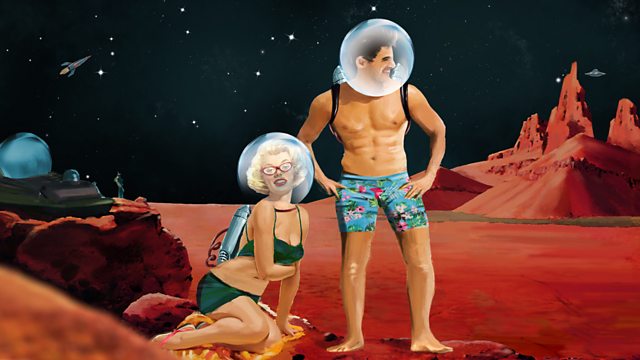We Are the Martians: Seeing Is Believing
Sarah Dillon begins a series revelling in the Mars of imagination, science and history.
Sarah Dillon begins a series revelling in the Mars of imagination, science and history.
We are the Martians, perhaps the only consciousness the Red Planet has ever had. The ancients wove their own mythological stories about Mars, its dim redness and uncertain path visible to the naked eye. In the 19th century new, powerful telescopes scrutinized the Red Planet and astronomers considered the possibilities of life on Mars. There was, in fact, a kind of mapping war to name and identify features on the planet.
When the Italian astronomer Giovanni Schiaparelli produced a series of maps in the 1870s featuring dark channels or "canali", a powerful story began to develop: Mars was a dying planet, older, perhaps inhabited . Then, from the 1890s, American amateur astronomer Percival Lowell, using his state of the art telescope in his brand new observatory high up in Flagstaff, Arizona, convinced millions that this "dying" planet was home to a doomed civilization struggling to maintain life through an elaborate system of canals. Lowell was a supreme popularizer of science, commanding huge audiences despite the severe doubts of many in the scientific community.
Worldwide, Lowell's myth sparked volumes of popular fiction and when failed salesman Edgar Rice Burroughs penned the first of his Barsoom adventures in 1911, Martian fantasy truly took off. Its literary spell remains unbroken. Even after the Mariner probes and Viking Lander finally revealed Mars was red but dead, the Old Mars of our dreams would return.
Sarah Dillon travels to Flagstaff and the analogue Martian landscape of ochre Arizonan desert and talks to a host of Red Planet writers.
Producer: Mark Burman.
Podcast
-
![]()
Mars
Radio 4 explores the Red Planet of our dreams and, maybe, our futures...


